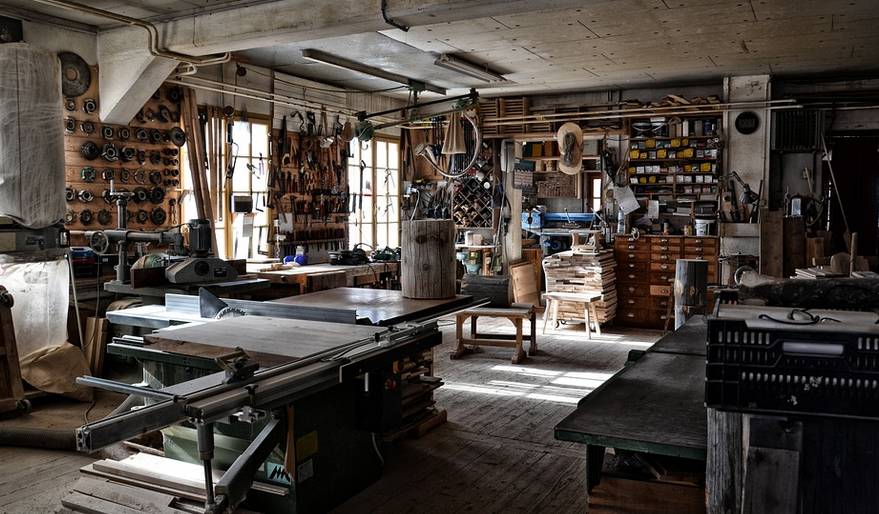Brush Cleaning Basics: Why It Matters
So, you’ve got your trusty brush ready for some action – maybe it’s for painting, cleaning walls, or even just a quick touch-up around the house. However, those days of carefree cleaning are often interrupted by stubborn stains that just refuse to budge no matter what you do!
But don’t worry, fighting those pesky stains is actually simpler than you might think! The key lies in understanding the type of stain and the right method for tackling it. This guide will tackle all the basics of brush maintenance and cleaning, from everyday grime to stubborn messes. We’ll dive into some common staining culprits and how to get your beloved brushes sparkling clean again!
The reality is that most brushes aren’t built for the toughest jobs – their bristles are soft and designed to be gentle on surfaces rather than aggressive cleaners. Think of a paint brush as a painter’s tool, one that needs care – just like our favorite artists use quality tools!
Beyond the aesthetics and functionality aspect, cleaning your brushes also extends their lifespan and prevents them from becoming breeding grounds for mold or bacteria. It’ll ultimately save you money in the long run because you won’t need to replace your brushes as often.
So, let’s get into the nitty-gritty of how to clean those pesky stains and keep your brushes looking their best!
Unmasking the Stain: Common culprits
First things first, identifying the stain is key. The type of paint or ink you used, along with its consistency (thin or thick), will determine whether it’s a simple grease or oil stain, or something more complex like dried paint that needs a bit of TLC.
Let’s take a look at some common culprits:
- Paint: This is the most common culprit for brush stains. Whether it’s acrylic, oil-based, or enamel paints, they leave behind residues that cling to your brushes and can even affect future projects.
- Ink: Pens, markers, and calligraphy tools are notorious for staining brushes if not handled with care. Ink’s tendency to dry out quickly makes it difficult to remove, but don’t worry; there’s a solution!
- Grease & Oil: These can be stubborn and challenging to remove from brushes, especially those used for cooking or painting. They can leave your brushes looking like they’ve been through a grease trap!
Identifying the culprit will help you choose the right cleaning method later on.
Cleaning Strategies: The Right Method for the Job
Once you’ve identified the stain, it’s time to tackle the problem with appropriate cleaning techniques. Here’s a breakdown of some common methods:
* **Gentle Soap & Water:** For lighter stains, like ink or water-based paint, this is your go-to solution. For instance, if you have a watercolor brush that has gotten a little bit of grime on it from using paints—adding a few drops of dish soap to warm water works wonders.
* **Baking Soda Paste:** Baking soda is a natural stain remover and deodorizer! It’s surprisingly effective against stubborn stains. Mix baking soda with just enough water to form a thick paste. Apply it to the stained area, rub gently to break down the residue, then rinse thoroughly with clean water.
* **Toothpaste:** Another unexpected hero, toothpaste can be used for removing ink or paint stains from brushes! Apply a small amount of non-gel toothpaste onto the stain and let it sit for 10 minutes. Then, brush the area gently to remove the stains and rinse thoroughly with lukewarm water.
* **Alcohol Wipes:** For stubborn ink stains that haven’t responded to baking soda or toothpaste, alcohol wipes can be a lifesaver! Use them sparingly as excessive alcohol use can damage the bristles of your brush.
* **DIY Solutions:** Never underestimate the power of simple household solutions! For tougher stains like dried paint or oil-based ink, try a mixture of vinegar and water. The acetic acid in the vinegar cuts through grime and helps loosen the stain! Mix equal parts of vinegar and water, apply to the stained area, let it sit for a few minutes, then rinse with clean water.
* **Professional Cleaning Services:** If your brushes are especially valuable or if you’re facing a particularly tough stain, consider seeking professional cleaning services. Professionals have the expertise and tools to tackle even the most stubborn stains.
